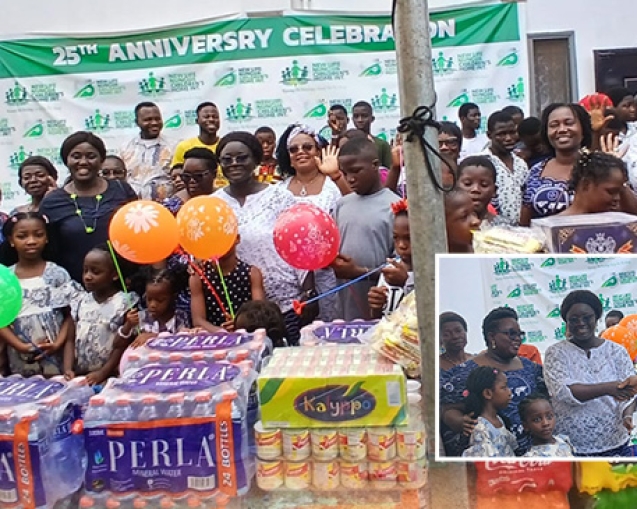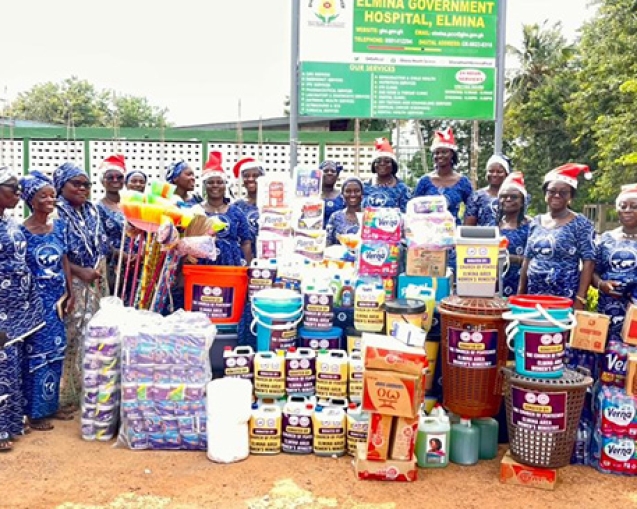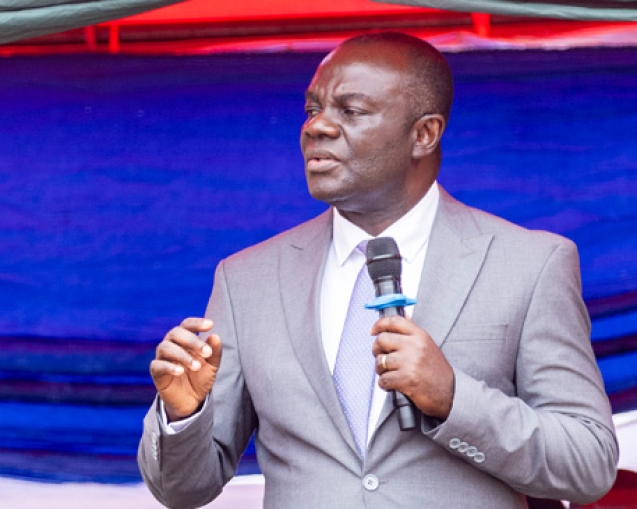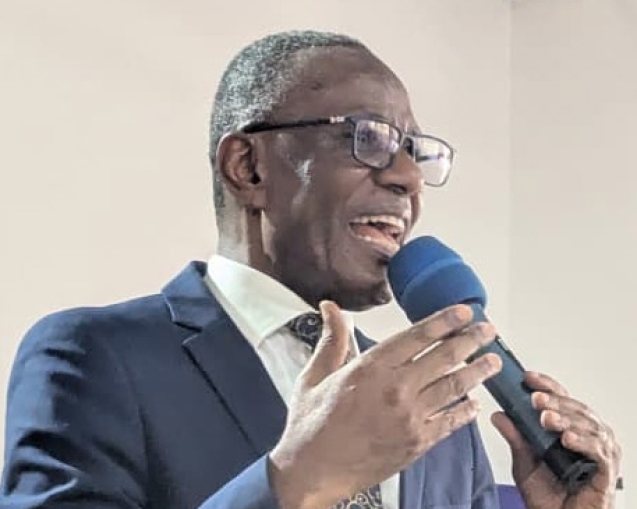“Do you know Red?” or in local parlance, “Wo nim Red?”. This chilling question has become a familiar slogan echoing in the streets of Ghana – from Tamale to Accra – as tramadol addiction sweeps through the youth like a storm.
Illicit drug use is rapidly becoming one of the most alarming societal threats to contemporary African youth. Ghana, unfortunately, has not been spared. The increasing misuse of both legal and illegal substances – particularly opioids such as tramadol – is steadily tearing at the moral, social, and economic fabric of the nation.
A Growing National Crisis
Substance abuse among Ghana’s youth has reached worrying levels. According to global data, Ghana ranks first in Africa and third in the world for marijuana consumption and first in Africa and 14th worldwide for cocaine use (World Population Review, 2024). Alongside marijuana and cocaine, alcohol, tobacco, methamphetamines, and synthetic opioids like tramadol are widely abused.
The term “Red” has become street slang for tramadol – a powerful synthetic opioid typically used to treat moderate to severe pain. Its reddish color has given rise to the now-popular but frightening phrase, “Wo nim Red?”, a catchphrase that represents a generation entangled in a dangerous addiction.
The Psychological Trap
Many young people turn to these drugs as a coping mechanism for poverty, unemployment, emotional distress, and peer pressure. Studies show that a large percentage of tramadol users are between the ages of 15 and 35, often seeking temporary escape from harsh realities (Alhassan, 2022).
What began as a medical painkiller is now being abused recreationally, often in dangerously high doses. Social media is replete with disturbing images and videos of young Ghanaians in a trance-like state, collapsed on the streets or in violent outbursts –hallmarks of substance-induced psychosis.
Health and Societal Consequences
Health professionals warn that long-term tramadol abuse may lead to serious side effects, including: Seizures, Hallucinations and disorientation, Respiratory depression, Liver and kidney failure, Addiction and eventual overdose.
According to the World Health Organization (2023), opioids are responsible for nearly 80% of drug-related deaths globally, with tramadol misuse contributing significantly to these fatalities in West Africa.
At the community level, the ripple effects are equally devastating. Increased crime rates, theft, sexual violence, and domestic abuse are all being linked to drug dependency. Addicts often resort to violent means to fund their next dose, tearing apart homes and neighborhoods.
Why Is Tramadol So Accessible?
A key enabler of this epidemic is the weak regulation of pharmaceuticals. Though tramadol is classified as a controlled drug meant to be dispensed only through licensed pharmacies, it is frequently sold over the counter, online, and even on street corners.
Unauthorized vendors and OTC (Over-the-Counter) medicine sellers – meant only to handle basic drugs – are illicitly supplying opioids due to regulatory loopholes and poor enforcement at borders and entry points.
A Collective Response: What Can Be Done?
Tackling Ghana’s drug problem requires a multifaceted and collaborative approach involving individuals, families, churches, civil society, and government agencies.
- Prevention and Awareness
Nationwide campaigns must be intensified to educate the youth on the dangers of tramadol and other drug misuse. Incorporate drug education into school curricula at the basic and secondary levels. Media advocacy should be strengthened to amplify anti-drug messages and encourage behavioral change. Moral and spiritual guidance by religious institutions is crucial to reinforce values of purity, purpose, and responsibility.
- Law and Regulation
Enforce strict penalties for individuals and outlets engaged in unauthorized drug sales.
Conduct frequent raids on illegal pharmacies and unauthorized street drug peddlers. Strengthen customs and port inspections to curb illegal importation.
- Youth Empowerment
Expand initiatives like the National Apprenticeship Programme to offer vocational training and employment opportunities. Provide counseling and rehabilitation centres across regions to assist those struggling with addiction. Encourage parental engagement, mentorship programs, and peer support groups to provide accountability.
- Mental and Emotional Support
Promote mental health education to address underlying psychological issues linked to drug abuse. Establish support groups for victims, recovering addicts, and their families.
Create confidential reporting mechanisms to assist those in danger without fear of exposure.
A Call to Action
The Apostle Paul admonishes in 1 Corinthians 6:19-20, “Do you not know that your bodies are temples of the Holy Spirit…? Therefore, honour God with your bodies.”
As a Church and as a nation, we must rise to protect our future. Drug abuse is not just a personal issue; it is a societal cancer. It eats away at our youth, cripples our productivity, and distorts our divine purpose. The battle against the menace of “Red” and other illicit drugs is one we cannot afford to lose.
Let every parent, pastor, teacher, lawmaker, and youth advocate rise to the occasion. With a united front and an unrelenting spirit, we can reclaim the destinies of our young people and secure a future that reflects the glory of God.
Written by Pastor Emmanuel Owusu, Mpasaso District – Tepa Area


















